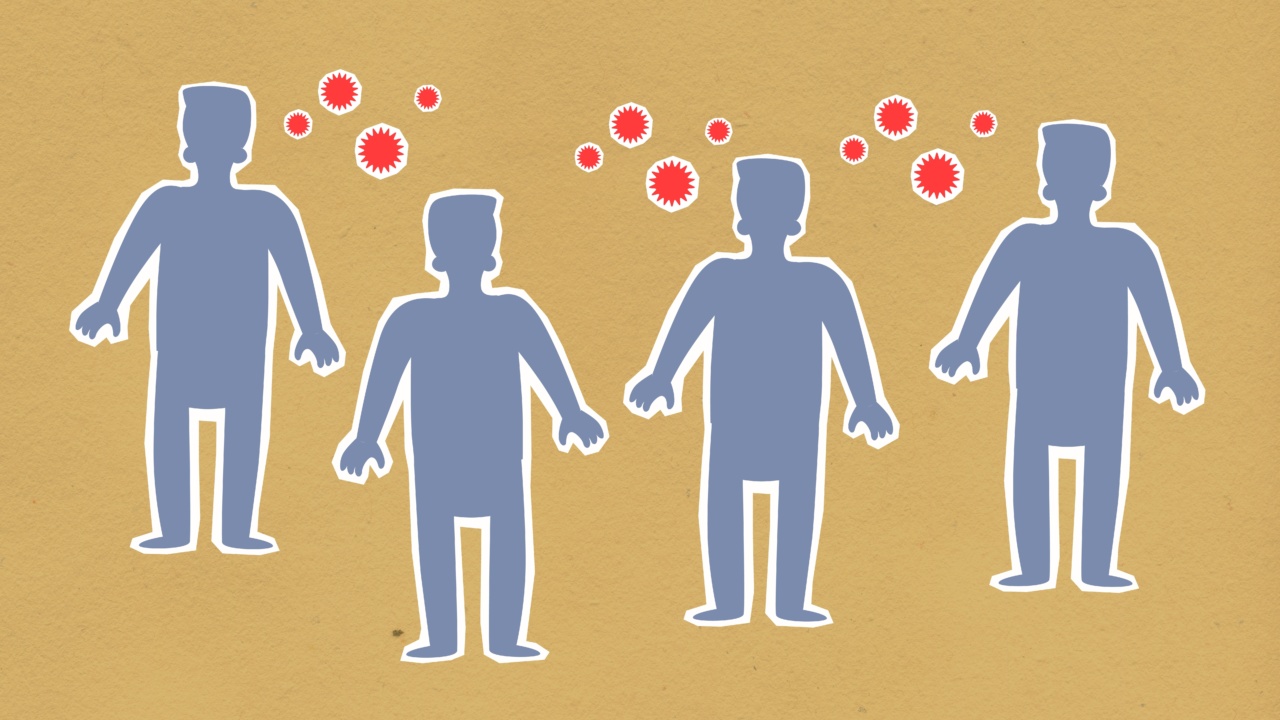Nuts are a healthy addition to your diet that can help reduce the risk of heart attacks and strokes. Eating a handful of nuts a day can help lower your cholesterol and blood pressure, two major factors that contribute to heart disease.
Nuts also contain healthy fats, fiber, protein, and a variety of vitamins and minerals that are essential for overall health.
The link between nuts and heart health
Studies have shown that regularly consuming nuts can help lower your risk of heart disease.
In a large cohort study of over 76,000 women, those who ate five or more servings of nuts per week had a significantly lower risk of heart disease compared to those who rarely ate nuts. Another study of over 210,000 people found that those who ate a handful of nuts every day had a 30% lower risk of heart disease compared to those who didn’t eat nuts.
Eating nuts can also help improve your cholesterol levels. Nuts contain healthy monounsaturated and polyunsaturated fats that can help raise your HDL (or “good”) cholesterol and lower your LDL (or “bad”) cholesterol.
In one study, people who ate almonds as part of a healthy diet had a 5% reduction in their LDL cholesterol levels compared to those who didn’t eat almonds.
Nuts also contain antioxidants that can help reduce inflammation in the body, a key factor in the development of heart disease.
Walnuts, in particular, have been shown to have anti-inflammatory effects and can help improve the health of the lining of your arteries.
The best nuts for heart health
All nuts are healthy choices, but some are better for heart health than others. Here are some of the best nuts to include in your diet:.
- Almonds: Almonds are a great source of healthy fats, fiber, and protein, and have been shown to help improve cholesterol levels.
- Walnuts: Walnuts are high in omega-3 fatty acids, antioxidants, and fiber, all of which are important for heart health.
- Pecans: Pecans are a good source of healthy fats and contain antioxidants that can help reduce inflammation in the body.
- Pistachios: Pistachios are high in fiber and healthy fats, and have been shown to help lower cholesterol levels and improve blood pressure.
- Cashews: Cashews are a good source of healthy monounsaturated fats and contain a variety of vitamins and minerals that are important for overall health.
How to include more nuts in your diet
Adding nuts to your diet is easy and delicious. Here are some simple ways to include more nuts in your meals:.
- Top your oatmeal or yogurt with a handful of nuts.
- Add nuts to your salads, stir-fries, or roasted vegetables for extra crunch and flavor.
- Use nut butters, like almond or peanut butter, as a spread on toast or as a dip for fruit or vegetables.
- Snack on a handful of nuts instead of chips or other processed snacks.
When choosing nuts, look for unsalted and unroasted varieties, as salt and oil can add extra calories and sodium to your diet. You can also try different types of nuts to add variety to your meals.
The bottom line
Nuts are a healthy addition to your diet that can help reduce the risk of heart disease. They contain healthy fats, fiber, protein, and a variety of vitamins and minerals that are essential for overall health.
Eating a handful of nuts a day can help lower your cholesterol and blood pressure, two major factors that contribute to heart disease. Include nuts in your meals and snacks to help support your heart health and overall well-being.


























